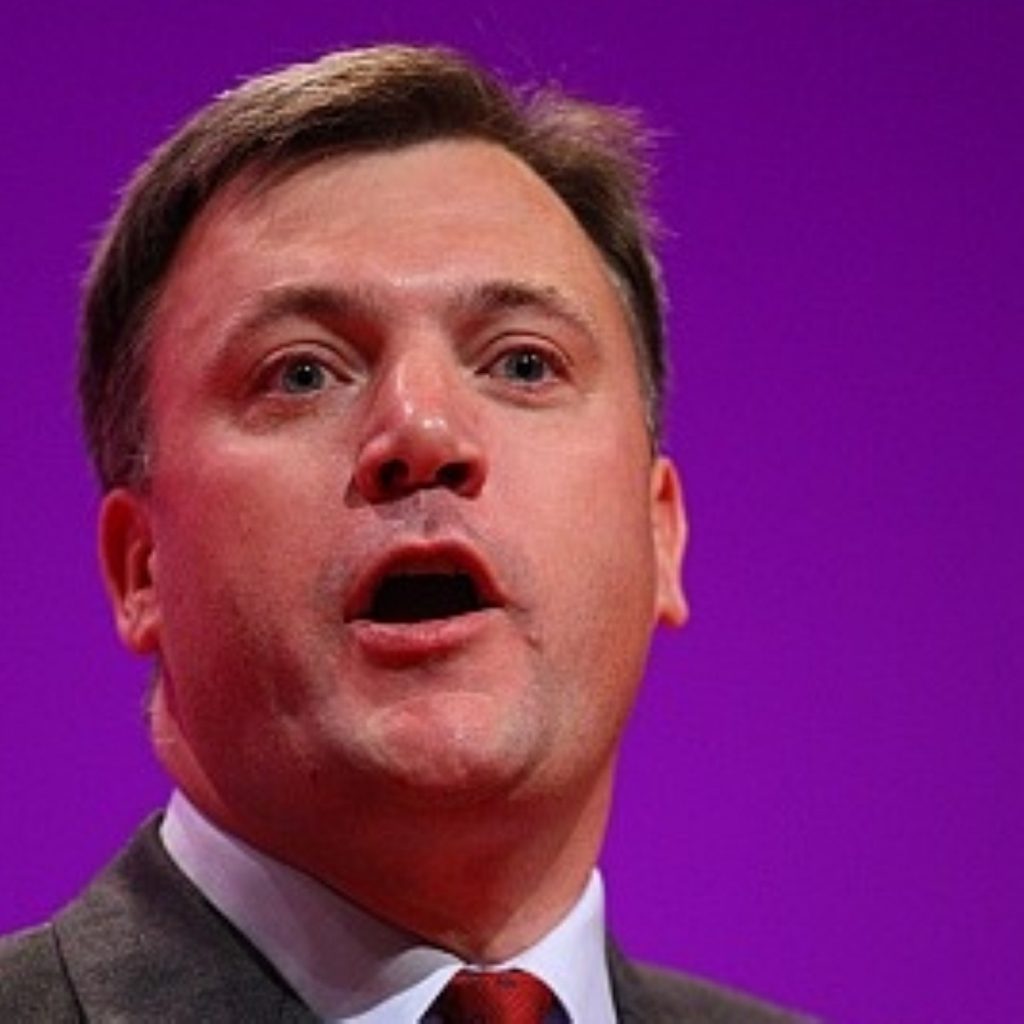Brown concedes public Iraq war inquiry
By politics.co.uk staff
The government will not oppose an Iraq war inquiry held largely in public, Gordon Brown has conceded, after its chairman rejected the prime minister’s calls for a public investigation.
Sir John Chilcot told the prime minister that it was “essential to hold as much of the proceedings of the inquiry as possible in private”.
In his letter of reply, Mr Brown wrote: I believe your proposals will manage to meet both the need not to compromise national security but also enable the independent inquiry also to hold public sessions helping to build public confidence.”


The prime minister, who through aides had signalled concerns at how sensitive evidence could be delivered to an inquiry in open session, added he was “grateful for your views that you will continue to examine whether witnesses can give evidence under oath or a similar formal undertaking”.
The concession followed a fresh call for the inquiry to be in public by children’s secretary Ed Balls, who said holding it in public would be a “good thing”.
Justice secretary Jack Straw, who was foreign secretary during the invasion, had told the BBC he would not have any problem with giving any evidence in public.
Mr Balls told GMTV: “I think that they will be really keen to make sure that members of the public can put their views and former service people as well,” Mr Balls told GMTV.
“And if they decide to do some hearings in public then that will be a good thing but that is really a matter for them.
“I think the important thing is that it is an independent inquiry so the guy in charge of the inquiry should decide rather than politicians saying ‘you have got to do it this way, or that way’.”
Just last week Mr Balls appeared to backtrack on his previous statements suggesting a public inquiry would be a good idea, with a spokesman saying he meant that members of the public should be able to give evidence.
Mr Straw said: “As foreign secretary at the time I have no problem with giving most of the evidence I have got to give in public.
“In fairness to Tony, he has given the equivalent of evidence in public scores and scores of time.”
Rumours circulating around Westminster suggest Gordon brown opted for a private inquiry because former prime minister Tony Blair urged him not to force him into what would essentially constitute a media trial.
Mr Balls was one of the big losers from Mr Brown’s reshuffle and parliamentary observers are paying particular attention to any rebellious statements he makes in the coming months.

